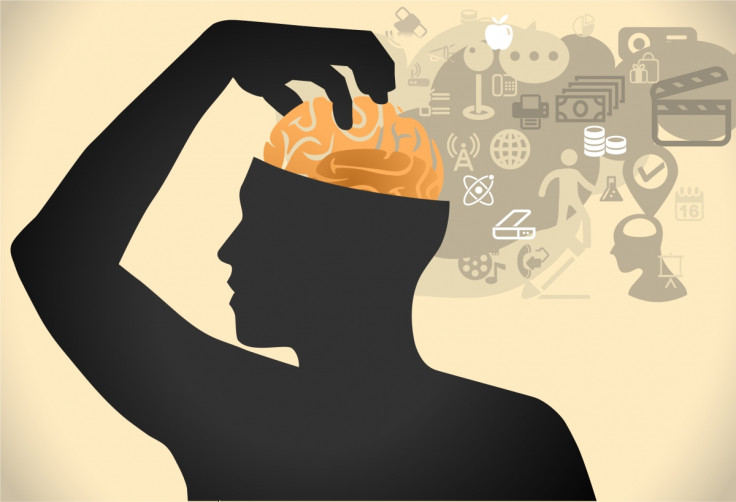What is deja vu? Scientists probe causes behind mystery sensation of familiarity

Most people have experienced the strange, overwhelming feeling of deja vu at some point in their life, scientists say. The expression, which comes from the French "already seen" refers to a sensation of familiarity that individuals can get during a new experience.
Understanding the processes at work behind the sensation is something that many neuroscientists hope to achieve. Up to now, very little is known about what causes it, because of the practical difficulties of studying the phenomenon.
"Because there is no clear, identifiable stimulus that elicits a deja vu experience - it is a retrospective report from an individual - it is very difficult to study deja vu in a laboratory," points out Michelle Hook, professor at the Texas A&M Health Science Center College of Medicine.
While the sensation cannot be artificially triggered by scientists, a number of studies estimate that between 60 and 80% of people have naturally gone through a moment of deja vu at least once. Reviewing the scientific literature on the topic, Hook identified two different theories regarding how the brain created this sensation.
Electrical malfunctions
The study of people with temporal lobe epilepsy - characterised by a disruption of neuron activity in the brain - provides interesting clues as to how the experience might work. "Clinical reports show that some patients who suffer from temporal lobe epilepsy report experience deja vu, almost as a sort of warning, before an epileptic seizure event," says Hook.
In fact, a lot of studies which have been conducted on déjà vu focused on people with epilepsy. Their seizures occur because of changes in the electrical functioning of the brain. Normally, the brain constantly generates electrical impulses that travel along neurons in an orderly way. In the case of epileptic patients, dysfunctional nerve-cell activity disrupts the transmission of the electrical impulses in the brain. Thus the brain's electrical signals becomes unbalanced, leading to a seizure.
Scientists have suggested that deja vu events in healthy people may be caused by an electrical malfunction in the brain, not unlike what happens during an epileptic seizure. The idea is that sort of "glitch" in the brain occurs, which leads neurons for recognition and familiarity to incorrectly conduct sudden electrical impulses. As a result, the brain starts associating the present with past experiences.
Mismatch in the neural pathways
Hook also says some studies attribute deja vu to a processing problem in the brain's neural pathways.
In order to reach the higher cortical areas of the brain, sensory information travels through multiple pathways. Information passed on through the different routes normally reach the brain at the same time. However, there are some exceptions, and this is when the sensation of deja vu can occur.
"Some scientists suggest that when a difference in processing occurs along these pathways, the perception is disrupted and is experienced as two separate messages. The brain interprets the second version - coming through the slowed secondary pathway - as a separate experience. That's when the inappropriate feeling of deja vu occurs," Hook explains.
The brain is a very mysterious organ, and understanding one of the strangest phenomenon it produces will take time. It is likely you will experience many more episodes of deja vu before science comes up with a definite explanation for what actually causes it.
© Copyright IBTimes 2025. All rights reserved.




















